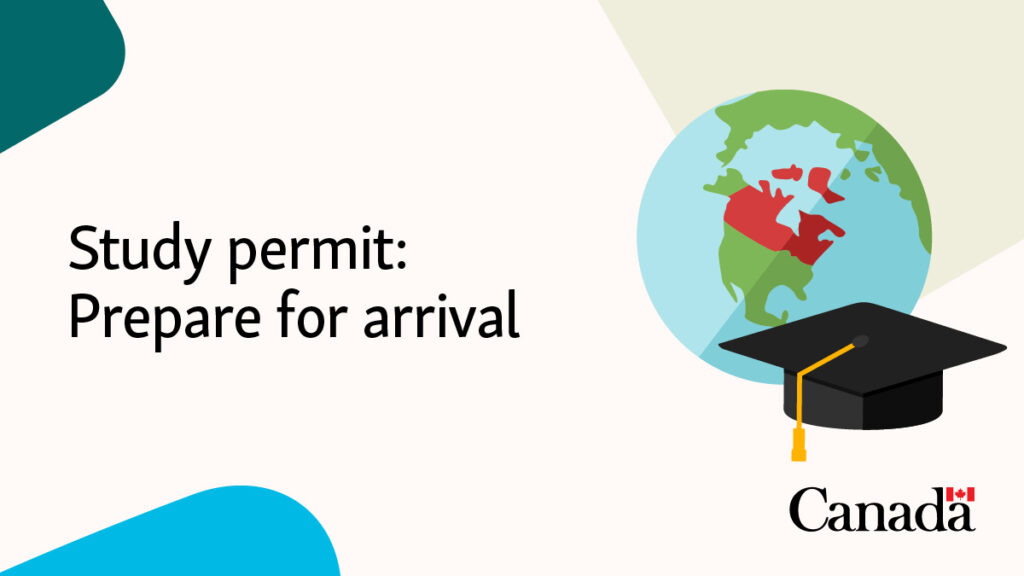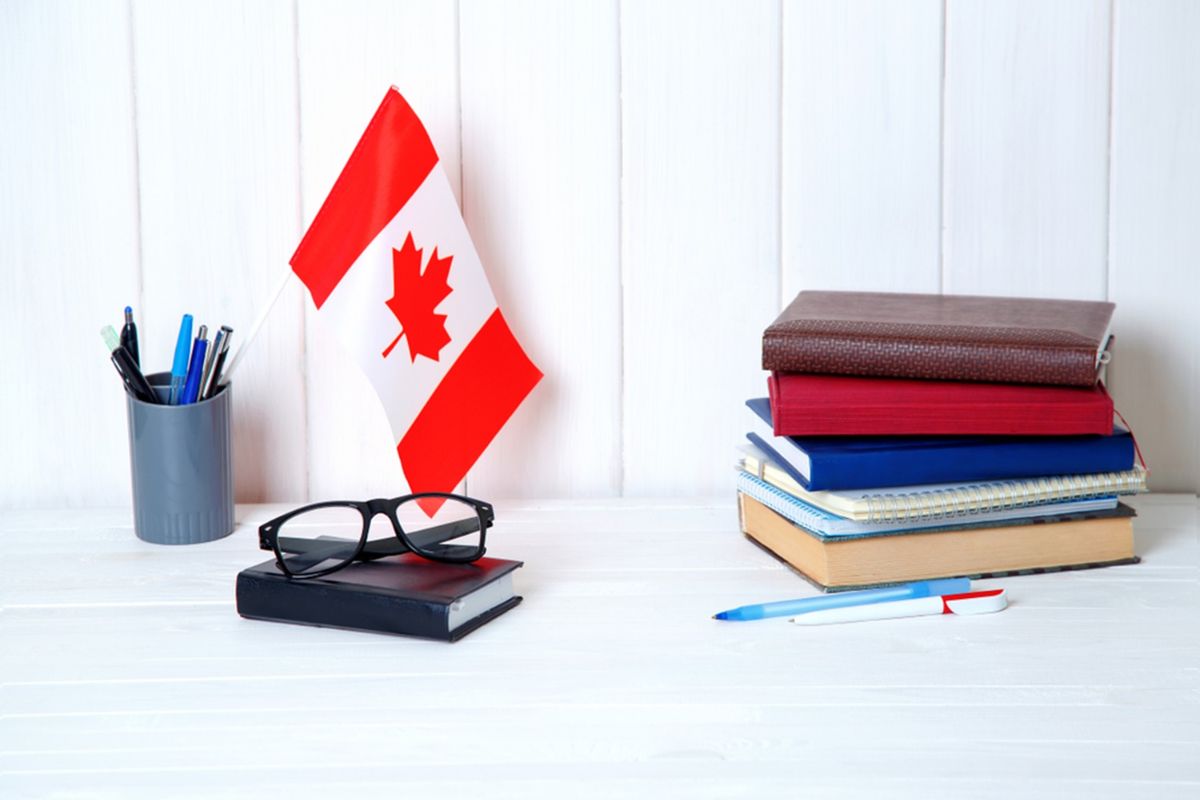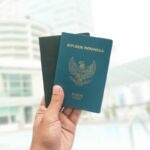Embarking on a journey to study abroad is an exciting endeavour that offers endless opportunities for personal growth and academic advancement. As you prepare to come to Canada, it’s crucial to equip yourself with essential information and guidelines to ensure a smooth transition.
This article serves as a comprehensive guide, offering valuable insights into the pre-departure process, arrival in Canada, and important requirements for international students.
Guide for International Students Arriving in Canada

Pre-Departure Preparation
Before your departure for Canada, it’s highly recommended to read the pre-departure guide provided by your educational institution. This guide contains valuable tips and information about student life in Canada, helping you prepare for the exciting journey ahead.
Additionally, familiarize yourself with the resources provided by the Canadian Border Service Agency (CBSA) for international students, including a downloadable PDF pamphlet containing vital information.
Timing of Arrival
While there is no set timeframe for your arrival in Canada before commencing your studies, it’s advisable to arrive with ample time to prepare for the upcoming academic challenges.
This period allows you to acclimate to the new environment, set up essential arrangements, and overcome potential jetlag. Keep in mind that you are not permitted to engage in on- or off-campus work until your studies officially commence.
Changing Designated Learning Institutions
In the event that you are outside of Canada and wish to change your designated learning institution after receiving approval for a study permit, certain steps must be followed.
This includes submitting a new study permit application along with a new letter of acceptance. Be prepared to fulfil the associated fees for the new application, ensuring a smooth transition to your new educational institution.
Arrival in Canada
Upon arriving in Canada, you will interact with a border services officer who will assess your eligibility based on specific criteria. To enter the country, you must fulfil the following requirements:
- Possess a valid travel document, such as a passport.
- Carry the port of entry letter of introduction provided by the visa office when your study permit was approved. This letter contains your permit reference number, a crucial element for study permit issuance.
- Present a copy of the valid letter of acceptance from your designated school.
- Provide letters of reference or any additional documents requested by the visa office.
- Hold a valid electronic travel authorization (eTA), visitor visa, green card, or another valid travel document.
- Demonstrate sufficient funds to support your stay in Canada, considering factors such as duration and accommodation arrangements.
- Maintain good health and possess valid immigration medical exam results, if applicable.
- Showcase your intent to depart Canada upon completion of your studies.
- Prove that you have ties to your home country, such as a job, family, or financial assets.
Immigration Medical Exam
It’s important to note that your immigration medical exam results must be valid for 12 months from the date of issuance. Furthermore, the exam’s validity must extend to the day you enter Canada.
If your exam is set to expire before your arrival, it’s imperative to undergo another medical examination, even if your letter of introduction remains valid.
Proof of Entry
Your educational institution or training facility may require proof of your entry into Canada. To fulfil this requirement, ensure that a border services officer stamps your passport before departing Canadian customs.
Alternatively, you may have the option to use a Primary Inspection Kiosk for passport stamping.
Inadmissibility
Certain individuals are deemed inadmissible and are prohibited from entering Canada. Factors contributing to inadmissibility include involvement in criminal activities, human rights violations, or organized crime. Before planning your journey, it’s essential to understand these criteria to ensure a successful entry into the country.
Conclusion
Embarking on your educational journey in Canada is a transformative experience that opens doors to new horizons. By following the guidelines outlined in this comprehensive guide, you can streamline your pre-departure preparations, navigate the arrival process smoothly, and ensure compliance with essential requirements.
Armed with knowledge and preparation, you are poised for a successful and enriching academic adventure in the vibrant and diverse nation of Canada.
Follow and connect with us on Facebook, Twitter, LinkedIn, Instagram and Google News for the latest travel news and updates!





